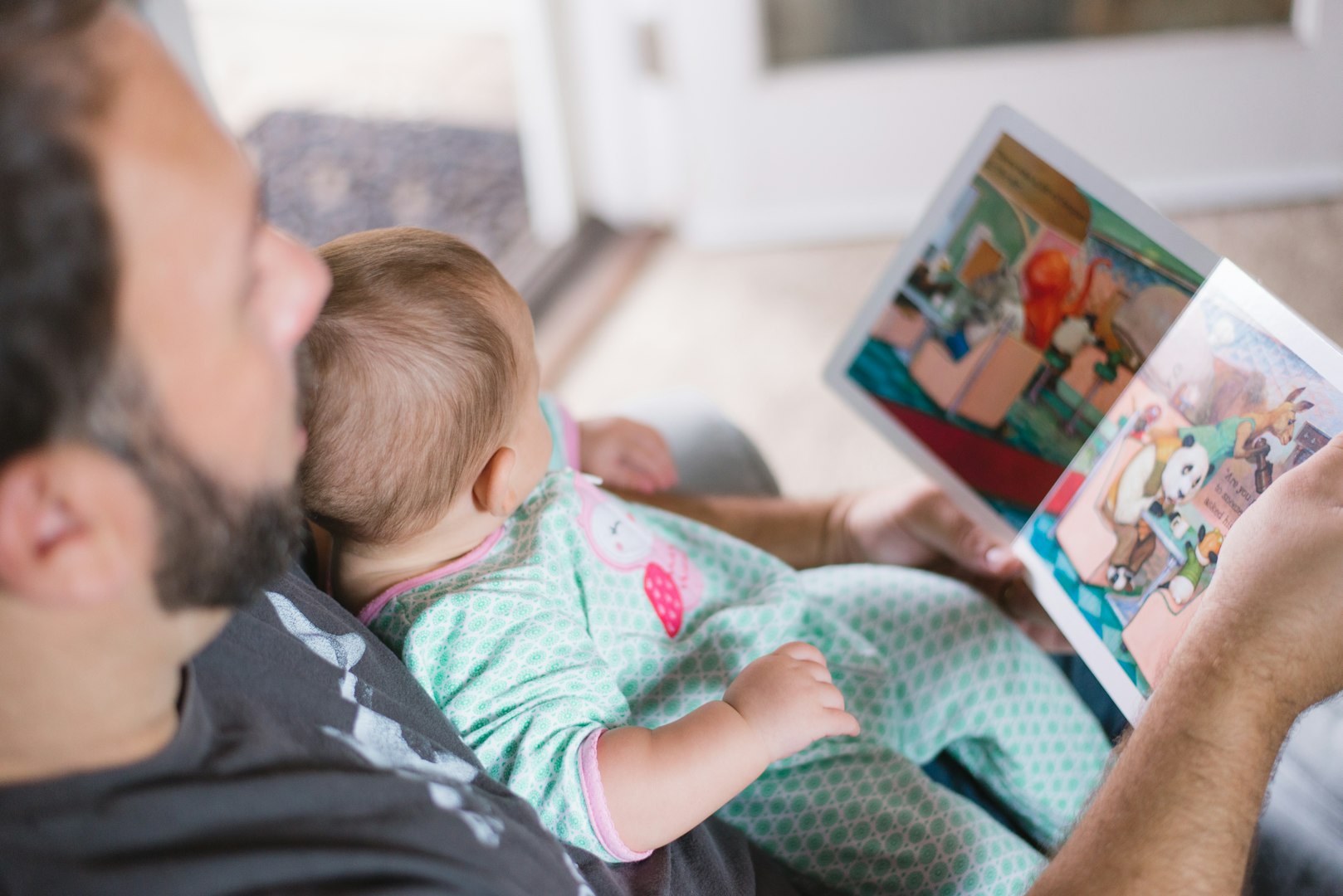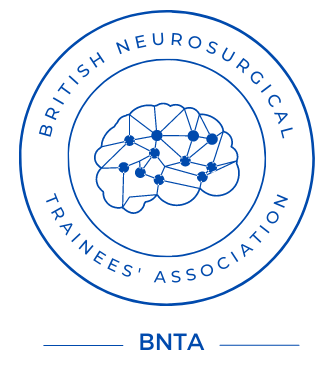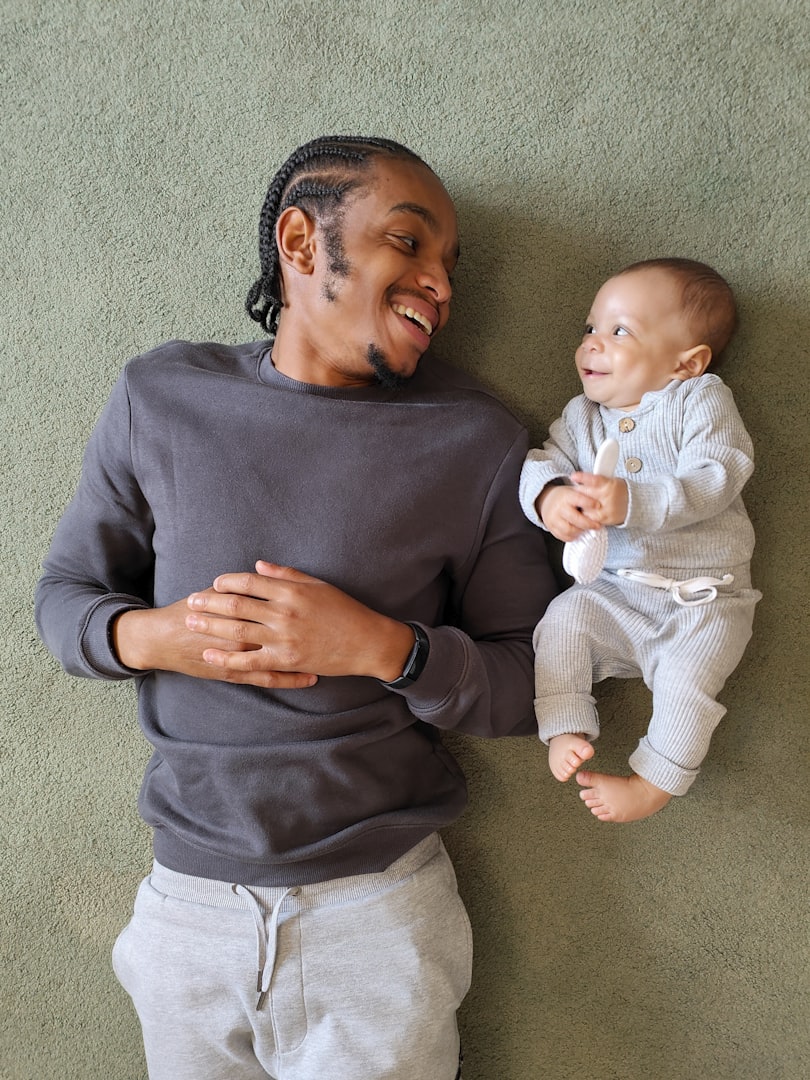Training As Parents
The traditional picture of a hard-working male neurosurgeon with a wife who looks after the children is not the reality for most of us. Childcare is mainly shared between two working partners, meaning the neurosurgical dads are often as exhausted as the mums.
Finding a good work-life balance after children come along can be a challenge and it is worth looking at different options which can help ease the strain.
Remember that during the first 12 months, shared parental leave is an option and may work well for you as a family.
Less than full time working is an option for men and women (and not just for childcare reasons). See our LTFT pages for more information.
Family help is not always on hand and if you need to make use of paid childcare, it is worth considering this early as there is often a waiting list. There are many options including nursery, childminders, live-out or live-in nannies/au pairs.
Also make use of other paid help if you need to lessen the load - cleaner, dog walker, decorator etc. Prioritise what is important and outsource other tasks if possible!












